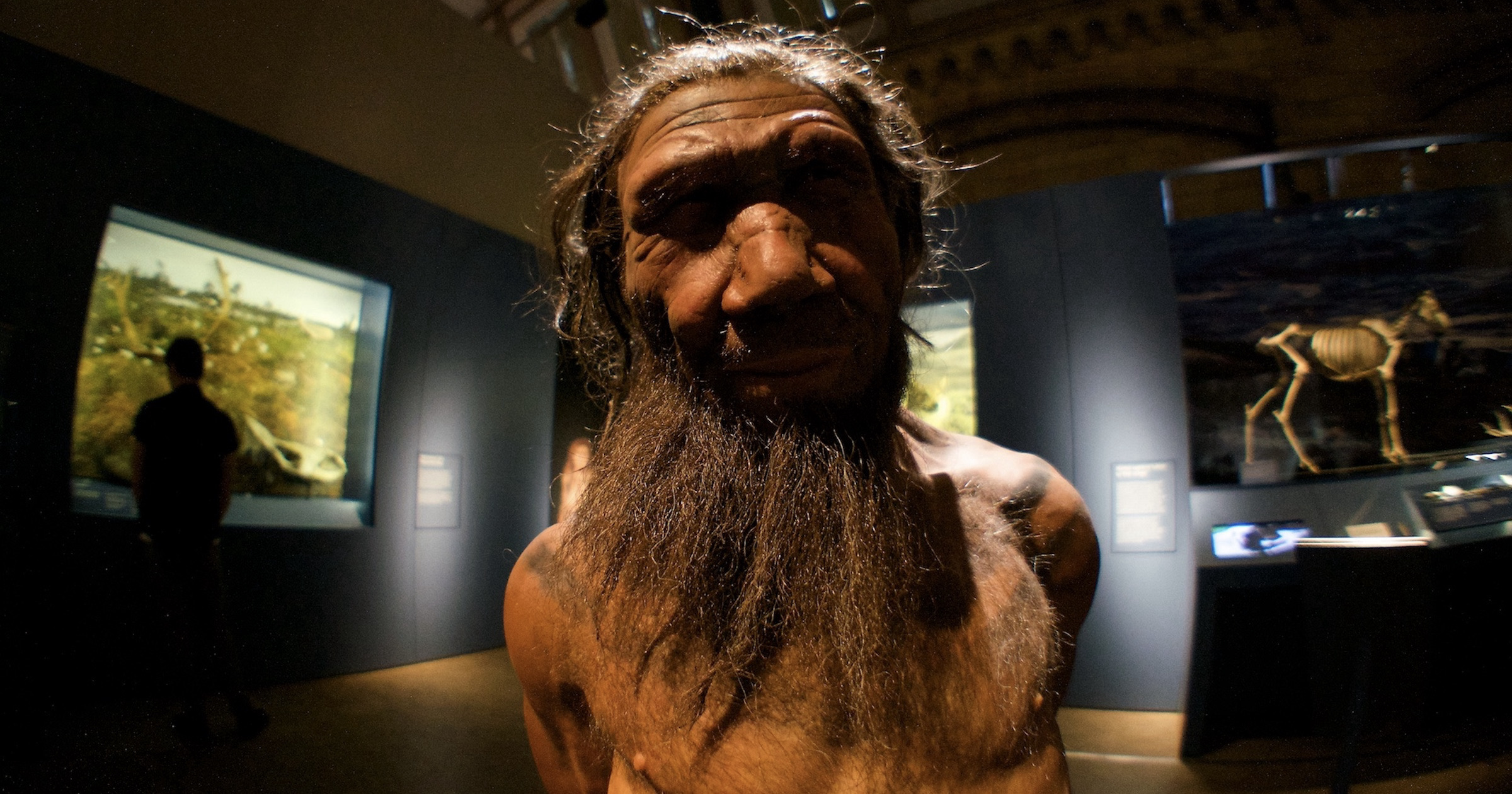 Evolution
Evolution
 Human Origins
Human Origins
Human Origins — The Scientific Imagination at Play

The origin of human beings from far more primitive ape-like precursors is one — just one — of the definitions of “evolution” that the public and the media carry around in their heads. Not surprisingly, the iconic transition from ape to man is the first, second, and third image produced by a Google image search for that term.
In bonus footage from the new episode of Science Uprising, “Human Evolution: The Monkey Bias,” geologist Casey Luskin explains why the iconic image is more imagination than reality. The scientific evidence is plagued by ideology-driven interpretation, fanciful reconstructions, pathetically sparse fossil remains, “missing transitions,” and other problems. The story of human origins is subject to constant rewriting, which is to say reimagining, making firm fact-based statements perilous. Yet this reality is largely concealed from the public, including from students, even from non-specialists in relevant scientific fields. Why? Dr. Luskin sheds light on that question, too:
